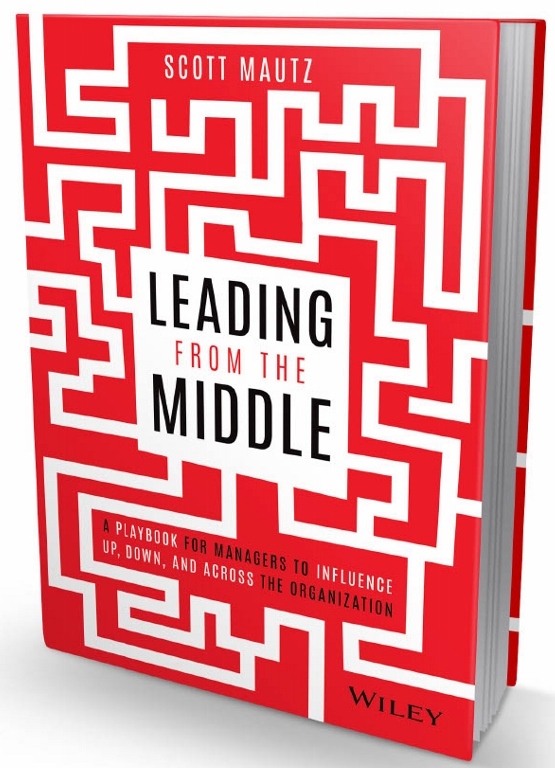
We’ve all experienced it: a certain co-worker is driving you nuts.
Research shows that 85 percent of us have to deal with conflict in the workplace to some degree; tension with co-workers is responsible for 50 percent of the occasions.
Research also indicates that the vast majority of us are now spending more time with co-workers than we spend with our family and we’re increasingly viewing them as an extension of our family as a result.
You can’t just put your family on an island in the Bermuda Triangle, nor can you put your offending co-worker there. So what to do, because, did I mention the co-worker is driving you nuts?
I can help, with a proven approach, a simple mnemonic I’ve used with coaching clients and as taken from my book, Find the Fire. Even exasperating relationships (at work or in life) transform when you STEP BACK:
Stop wishing they were different.
It’s critical to give all co-workers, difficult or not, room to be themselves and to stop the futility of wishing otherwise. The mindset should be on trying to change the interchange, not trying to change them. Keep the focus on the predicament, not the personality.
Take the initiative.
No good can come from waiting to address a difficult co-worker. Take responsibility for the relationship and don’t let things fester. Decide what your desired outcome is, what behaviors to address or ignore, and get to work on opening the lines of communication in an upfront and respectful way. Talk to, not about the co-worker.
Ego may be the culprit, so set it aside.
Research indicates that warring egos is by far the primary cause of workplace conflict (49 percent). Be self-aware if your ego is creeping in as a cause of conflict and on alert if the co-worker’s ego is in play. Adjust your approach to avoid further attacking their ego while keeping your own in check.
Proceed with curiosity, not contempt.
Think of difficult co-workers as offering a fascinating study in human behavior. Take an interest in getting to the why’s behind their behavior by getting to know them better, as difficult as it may be. Assume that there’s an underlying reason for the way they interact with you and seek to understand it. Such understanding will always serve you well and is more productive than letting your ire dictate your approach.
Begin with you.
Analyze your reactions to difficult encounters first and foremost. Are you overreacting and fueling the fire? Are you truly being your best self in dealing with the situation and practicing enough self-control? Are you exuding calm and as much positivity and objectivity as possible?
Assumptions on intention must stop.
Misinterpreted intentions are another primary cause of unhealthy workplace conflict. Don’t assume the intentions of an offending co-worker; instead seek to understand their point of view (including carefully getting perspective from others).
Difficult people rarely see themselves that way. There are almost always perfectly legitimate reasons for their behavior, such as differing reward systems, insecurities, or a lack of training.
Create small bridges.
At work, and in life, little olive branches and acts of kindness, empathy, validation, and forgiving can go a long way towards making connections and helping a relationship to a better place. Make the effort to build little bridges of connectivity with the individual. Drop the defensiveness and default to acknowledgment, not argument. Find things you have in common and build on them.
Even if you feel affronted, recognize that they very likely feel the same way. Recognize this and be willing to “be the bigger person”.
Know that you choose how much power you’ll give them over you.
No matter how hard you try, some people are just going to grate on you. Ultimately, you may simply have to mentally manage down the negative impact you’ll let them have on you.
One draining relationship can quickly come to overshadow all the positive energy we draw from others at work and in our lives. So “step back” to move forward.
Get my new book, an Amazon #1 BEST-SELLER in multiple categories! Leading from the Middle: A Playbook for Managers to Influence Up, Down, and Across the Organization can be ordered here https://amzn.to/3as5tK8 OR… Get a massive BONUS BUNDLE by ordering copies for your team (5 or more) here: http://lftm.bulkbooks.com/ Check out a detailed book description here: https://bit.ly/2MLe5Do





Excellent advice Scott using the Step back approach – many thanks
Thanks for your continued readership Sam and for taking the time to comment!